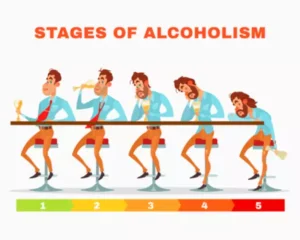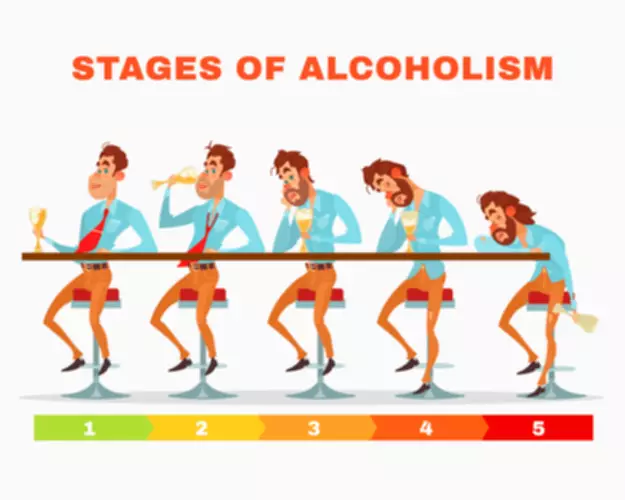
If you enjoy being active, movement meditation might be a good choice for you. If you need to improve your focus and learn to identify body sensations, focused meditation might be suitable. Your treatment team can help you to select a type of meditation that will benefit your addiction recovery. Home remedies and alternative therapies are sometimes used to stop drinking alcohol naturally. Used alongside recommended medical treatments, these remedies can include herbs like kudzu and ashwagandha, lifestyle changes to reduce stress, and online counseling and support groups.
- That is why our detox facilities in Florida offer a supportive and structured environment where you will receive the necessary care, therapy, and resources to address the complexities of addiction.
- So can gazing at the night sky, watching the ocean’s waves, or immersing yourself in activities like exercise, gardening, woodworking, painting or playing music—any moment you can spend with yourself.
- At its core, this meditation style encourages individuals to cultivate an acute awareness of the present moment without passing judgment on the experiences unfolding.
- Receive daily mindfulness meditations, worksheets and more to help you start each day mindful.
Medical Reviewer
Psychologically, meditation helps reduce stress, improve emotional regulation, and enhance cognitive functions. It cultivates present-moment awareness, acceptance, and self-compassion – key skills for managing cravings, navigating triggers, and developing a more adaptive relationship with substance use. Alcoholics Anonymous Specific meditation-based therapies like MBSR, MBCT, ACT, and DBT integrate these principles to complement traditional addiction treatment approaches.

Guiding Recovery with Spiritual Principles

From my own experience and work, I know that regular mindfulness practice allows us to set aside distractions and enter the transformative state of open mind. Meditation serves as a powerful tool in the journey towards overcoming addiction. It bestows an individual with the ability to navigate towards inner peace, emotional balance, and mental clarity amidst the turmoil addiction often brings.
Family and Children’s Programs
In contrast, religion typically provides structured doctrines, rules, and communal practices that guide followers in their beliefs and moral conduct. This rigidity may not cater to everyone’s unique experiences or needs in recovery. Spirituality’s flexibility allows individuals to create their own spiritual practices, such as mindfulness, meditation, and gratitude journaling, which promote personal growth and self-reflection. Individuals who are recovering from addiction may experience increased stress and anxiety due to the changes in their lifestyle and the challenges of sobriety. Meditation can help o quiet the mind and create space to focus on the present moment. Moving meditation involves practicing mindfulness while engaging in focused movement.

Spirituality as a Catalyst for Personal Stories of Healing
From providing a sense of purpose to building meaningful connections, spirituality plays a multifaceted role in enhancing recovery efforts. This article delves into the various aspects of spirituality’s influence on addiction recovery, shedding light on personal experiences, strategies for integration, and empirical addiction meditation kundalini evidence supporting its benefits. Meditation therapy for substance abuse helps lessen cravings, ease withdrawal symptoms, and reduce the risk of relapse for those struggling with addiction. Powerful meditation benefits include increased self-control, enhanced emotional regulation, reduced stress, and improved mood. Meditation is highly effective for addiction recovery, serving as a powerful complementary therapy for treating substance use disorders.
Find Rehabs that Offer Meditation Near You
Moreover, the Mindfulness-Based Relapse Prevention program at the University of Washington represents another successful merger of meditation and traditional therapy. It is an eight-week program that integrates cognitive-behavioral strategies with mindfulness meditation, significantly reducing the potential for relapse. In these ways, meditation is becoming a cornerstone of contemporary treatment programs, proving its efficacy in combating addiction alongside traditional therapeutic https://ecosoberhouse.com/ approaches. By consistently practicing meditation, individuals can learn to observe their cravings as transient thoughts rather than immediate needs that must be satisfied. This shift in perspective can help break the cycle of automatic addictive patterns that are often difficult to overcome.





